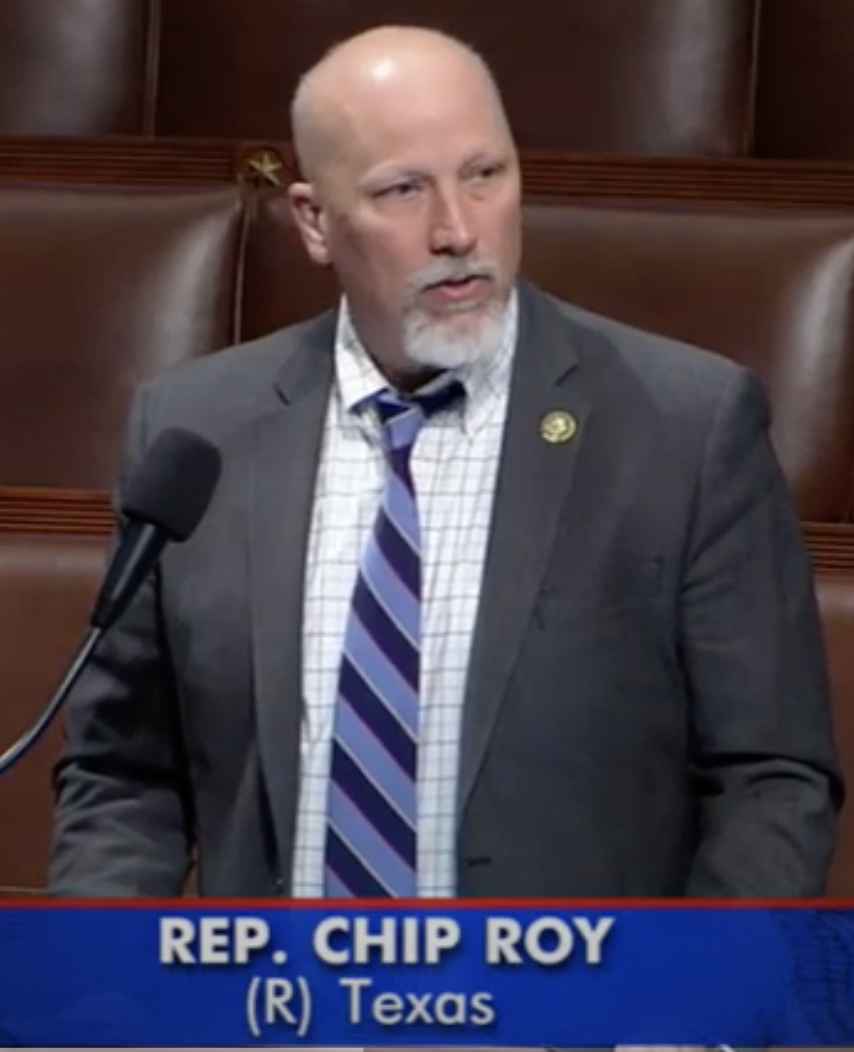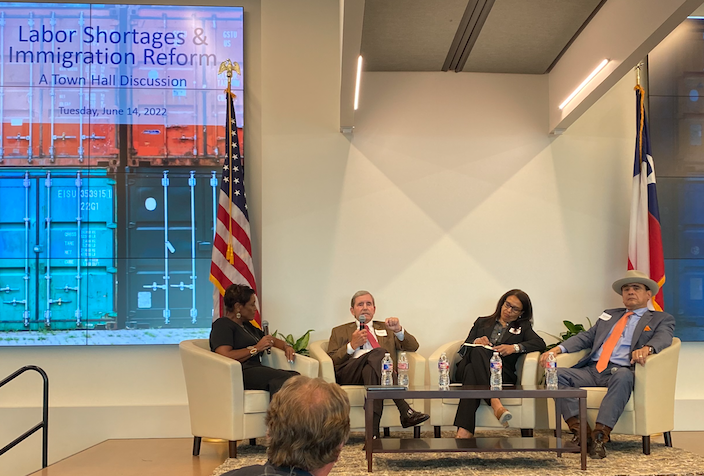Syrian Refugees Could Help America; We Should Welcome Them
 Thousands of Syrians are fleeing their war-torn country in the hopes of securing safety and asylum in Europe or the United States. All too often, their desperate journey results in more suffering and struggle. At least 2,000 Syrians have drowned in their attempt to reach Europe since the civil war began in 2011; at least 3,000 including many Libyans, Afghans, and other Africans are in one Greek refugee camp on the island of Lesbos with other camps popping up.
Thousands of Syrians are fleeing their war-torn country in the hopes of securing safety and asylum in Europe or the United States. All too often, their desperate journey results in more suffering and struggle. At least 2,000 Syrians have drowned in their attempt to reach Europe since the civil war began in 2011; at least 3,000 including many Libyans, Afghans, and other Africans are in one Greek refugee camp on the island of Lesbos with other camps popping up.
The United States and European governments need to do a lot less to alleviate these problems. Yes, you read that right. The problem isn’t that the United States and European governments aren’t doing enough to help Syrians — they’re doing much too much to block them from coming here. We should stop. Unless there is a legitimate security, criminal or health concern, we should let the Syrians in.
When refugees trying to save themselves are stopped by governments using their own resources, those governments bear part of the blame for the often tragic and heart-rending results. If you try to flee from a murderer and a third person breaks your legs so you can’t run away, that third person bears some of the responsibility for your fate.
And Europe isn’t the only ones bearing some of the responsibility for the fate of refugees. The United States has accepted a measly 1000 Syrian refugees — fewer than Brazil — and has committed to accepting 8,000 eventually. Why aren’t we accepting more?
The most common worry is that refugees will consume welfare and be a burden on American taxpayers. Fine, cancel welfare for them and admit more. Their children will attend American public school and those born here will be citizens and able to receive benefits. In 1990, the Council of Jewish Federations and the Hebrew Immigrant Aid Society ran a pilot program to privately finance the admission and resettlement of 8,000 Jews fleeing the Soviet Union. Those refugees could not receive welfare and the program received no taxpayer support.
Many Soviet Jews settled in different parts of the country — some where welfare payments were high and others where it was limited. Their incomes grew everywhere over time but resettled Soviet Jews who ended up in high-welfare New York were less likely to work and learn English than those who settled in lower-welfare Maryland. Working and learning English were the key to refugee self-sufficiency — it can work for Syrians too.
Let’s try that again. Refugees want safety, not handouts.
As a first step, we should let individual Americans and charities sponsor refugees without any quota. When Iceland’s government only wanted to admit 50 Syrian refugees, 11,000 Icelandic citizens offered to share their homes in response the government is reconsidering its quota. Americans gave over $350 billion to private charities in 2014 — $1,100 per American and the generous in the world. It’s hard to imagine that wouldn’t be willing to aid refugees in their new life here. If only the government would let them.
There are over 150,000 Americans of Syrian descent, with a median household income of over $65,000, compared to about $53,000 for native-born Americans. They can help ease Syrian refugees into life in the United States either through charity or job opportunities.
But how will the refugees and asylum seekers support themselves once they are here, many conservatives demand to know? By working. The U.S. government restricts work permits. Allow the refugees to come here and work, immediately and without complicating regulations, to support themselves and their families.
A 2013 International Labor Organization survey of Syrian refugees in Lebanon found they had a wide range of skills. Half of the workers were skilled or semi-skilled while the other half were low-skilled workers in agricultural or personal services such as cleaning. Few spoke English but lower-skilled jobs in the United States require more manual strength than English ability.
Many of them will earn low pay in America’s labor market — at least initially — but an influx of lower-skilled workers could actually help Americans with less skill. The United States does not have a fixed supply of jobs. By working in the United States and consuming goods and services, more jobs will be created to supply them.
Also, because these workers will have different skills than most Americans, they won’t compete much with Americans for jobs but may actually complement us. Via a phenomenon called complementary task specialization, an increase in the number of non-English speaking immigrants who specialize in manual labor jobs pushes Americans who speak English but have few other skills into higher paid jobs that require communication. For instance, low-skilled English-speaking Americans used to be dishwashers and now they are waiters, but this is only possible because of lower skilled immigrants.
By fitting into our labor market, complementing existing American workers, and not consuming welfare benefits, Syrian refugees will help the economy grow.
Citizens in Western governments don’t have a duty to help refugees but we have a duty to stop hurting them. Our immigration restrictions are making a humanitarian catastrophe even worse by preventing them from saving their own lives. Let’s get out of the way and let them do that while empowering those among us to voluntarily lend a helping hand.








